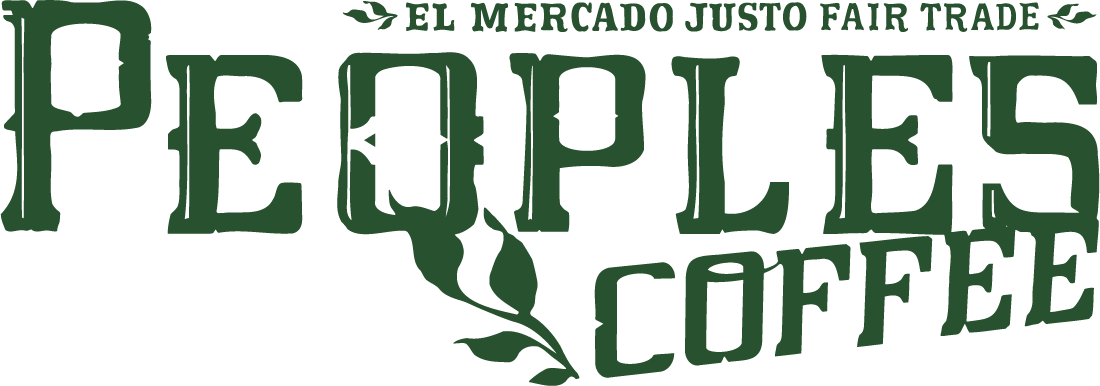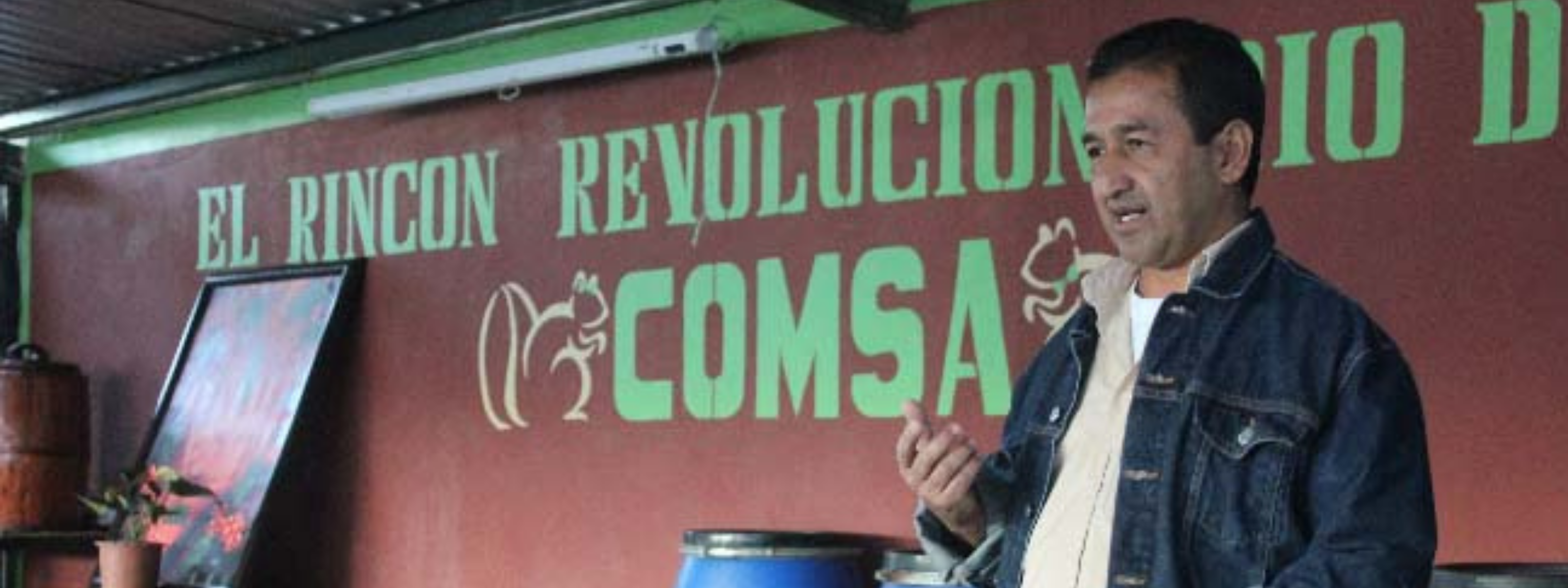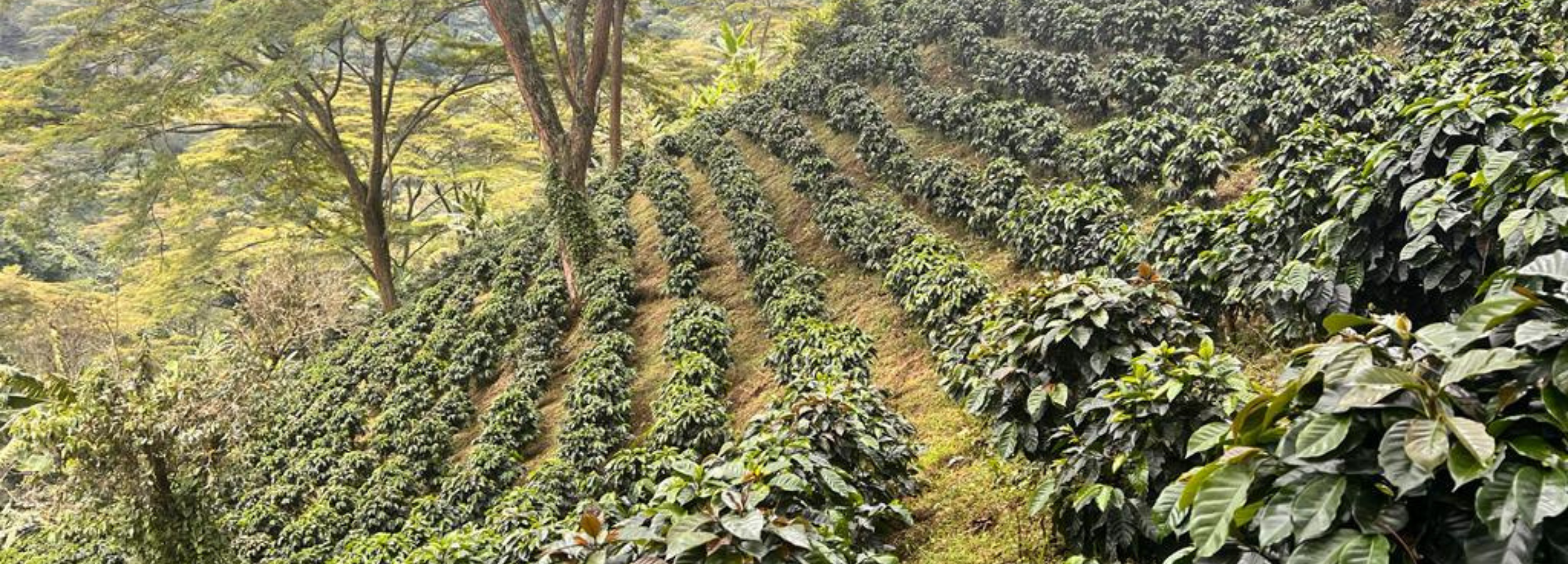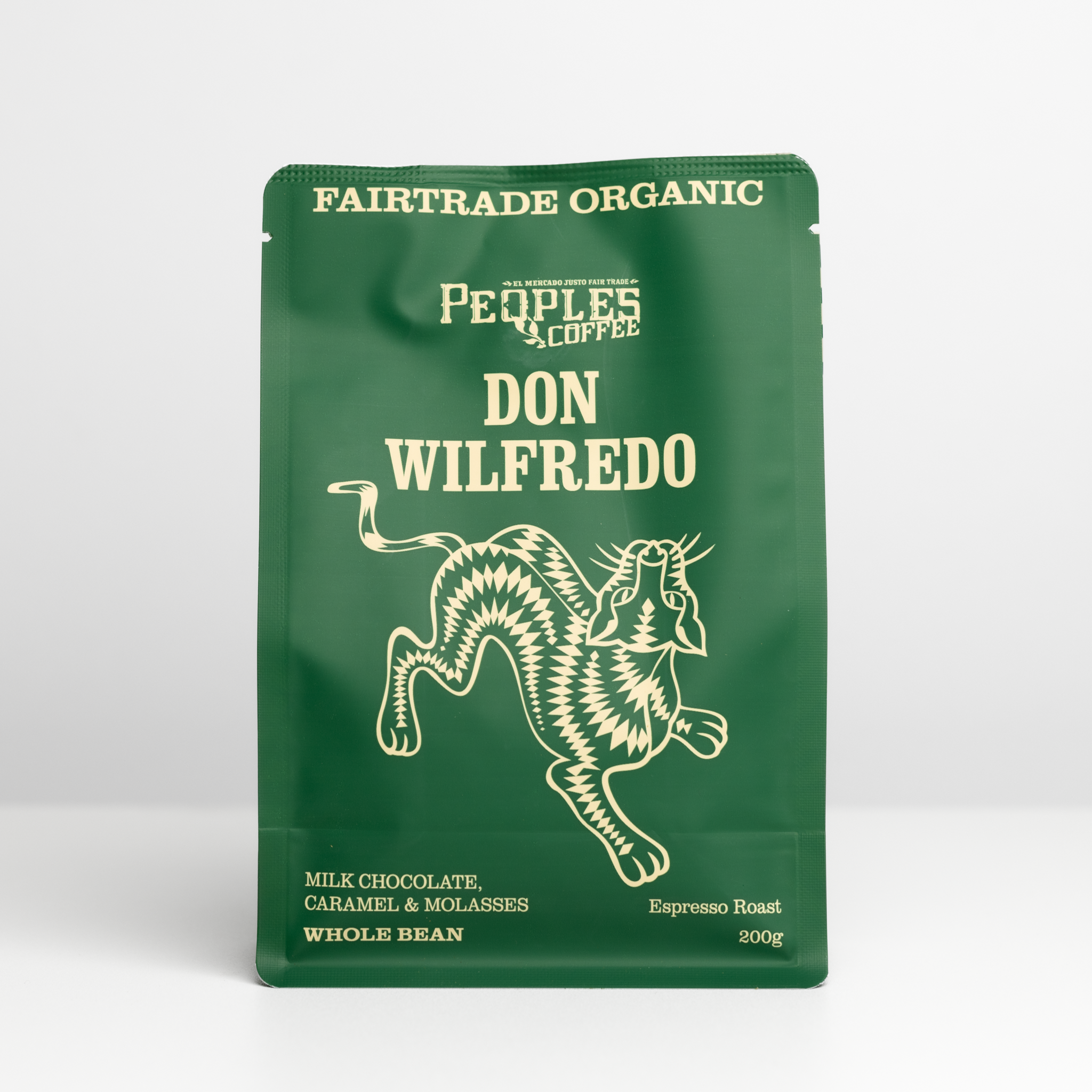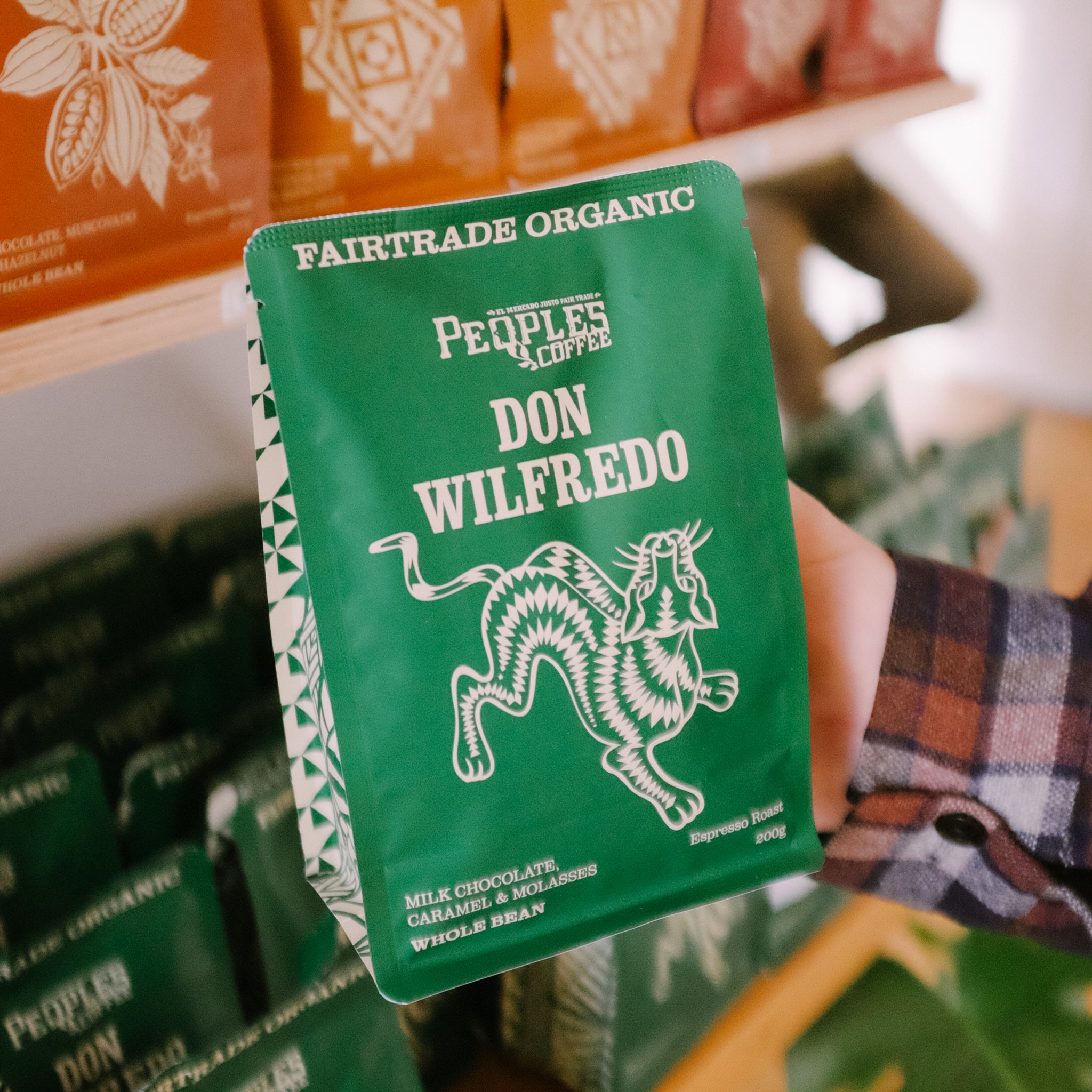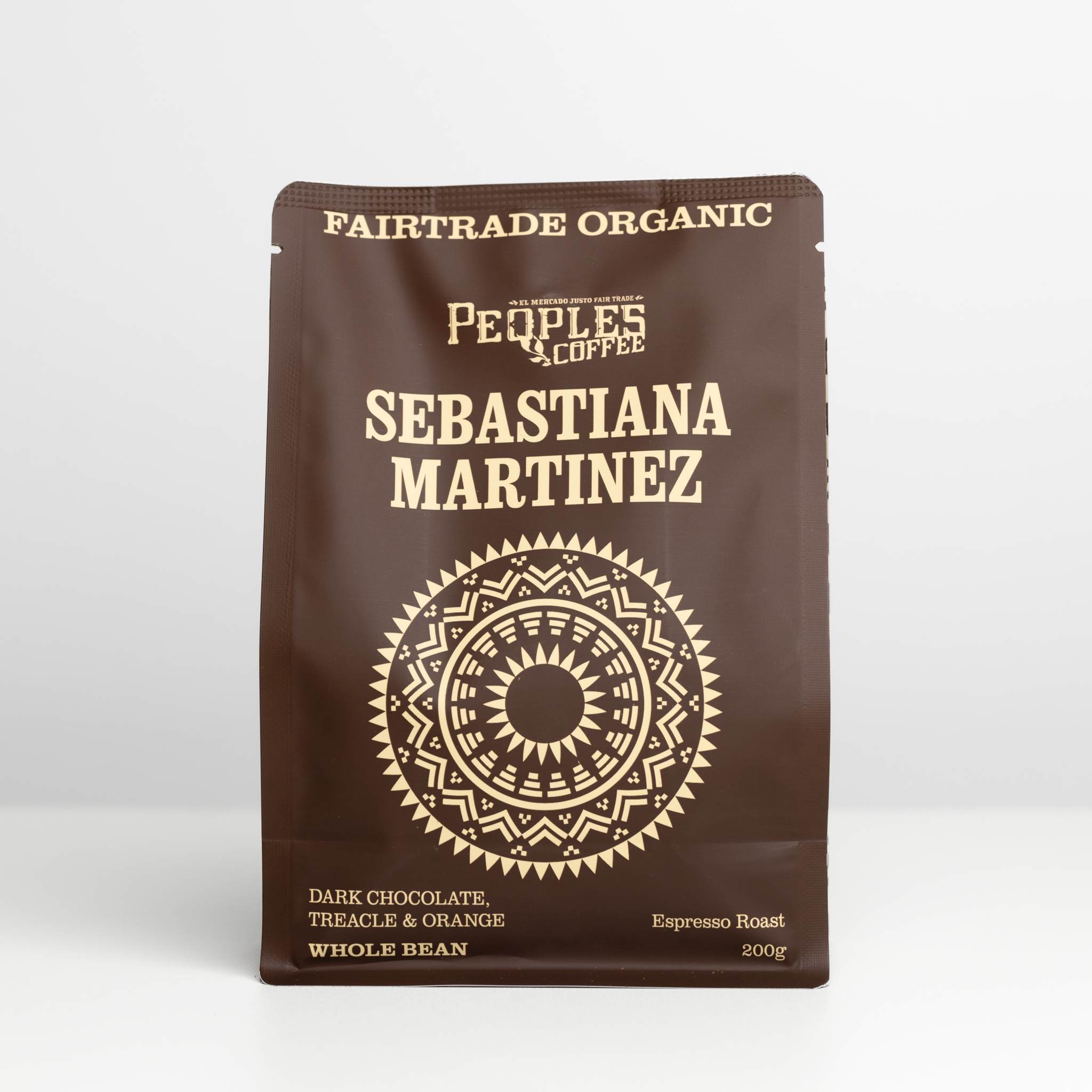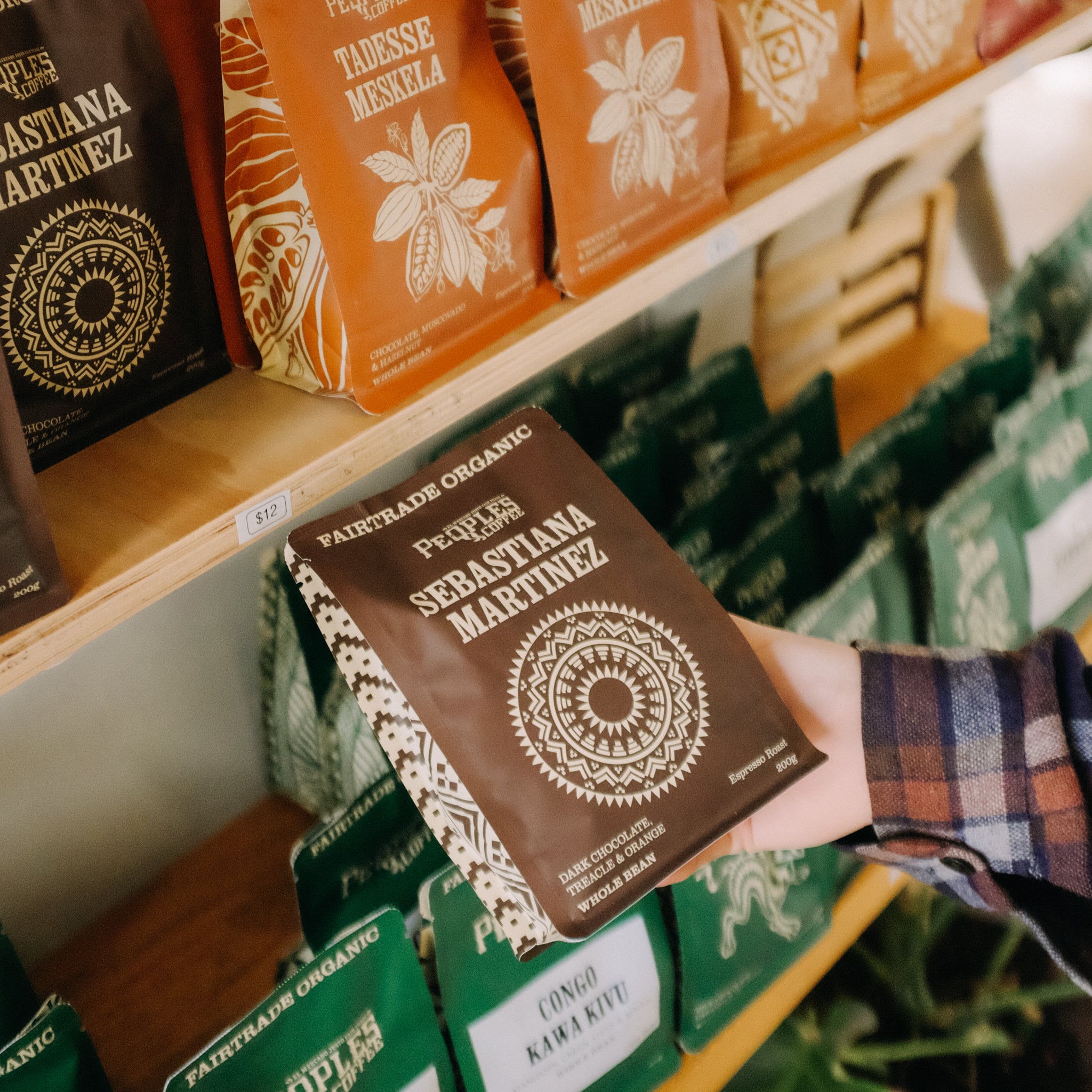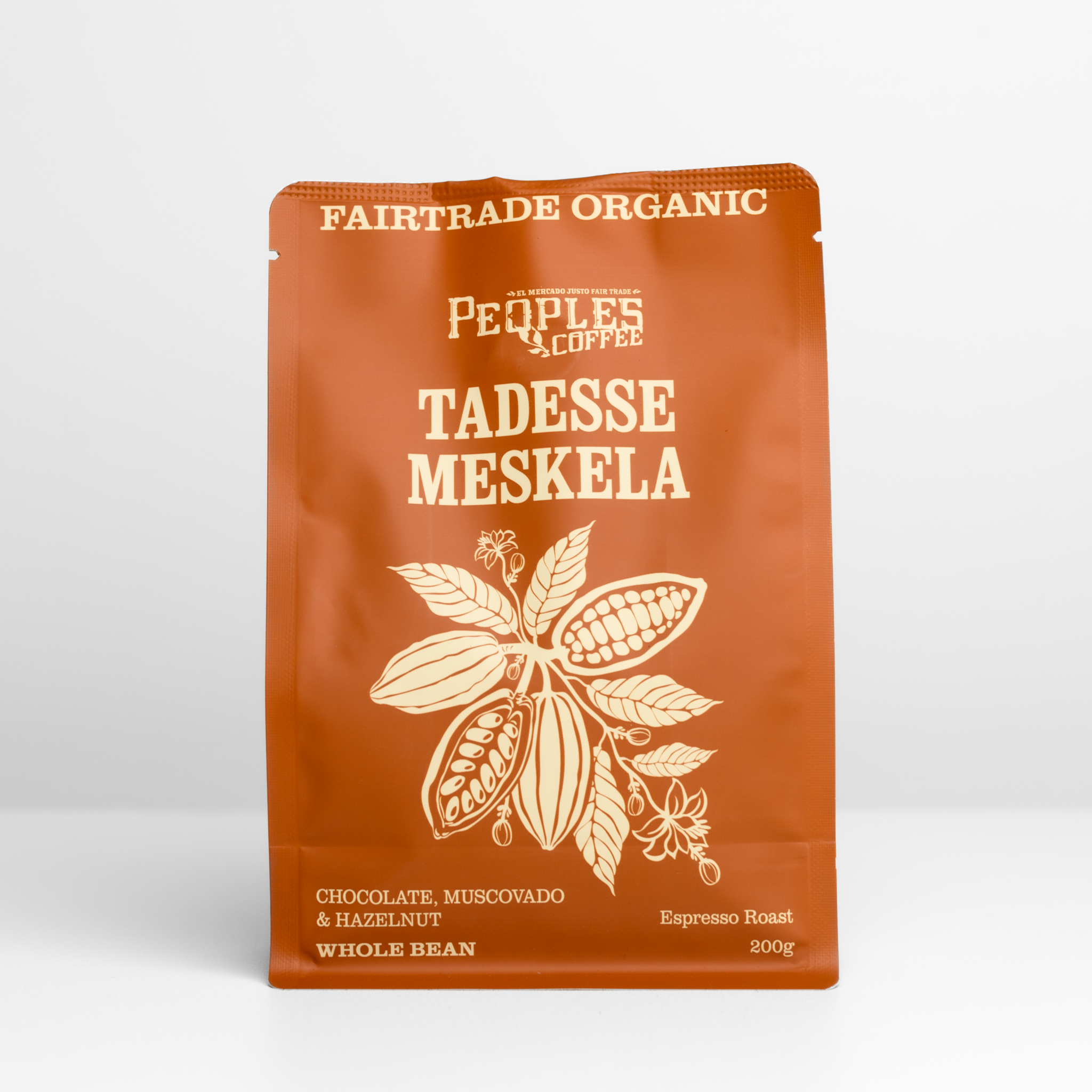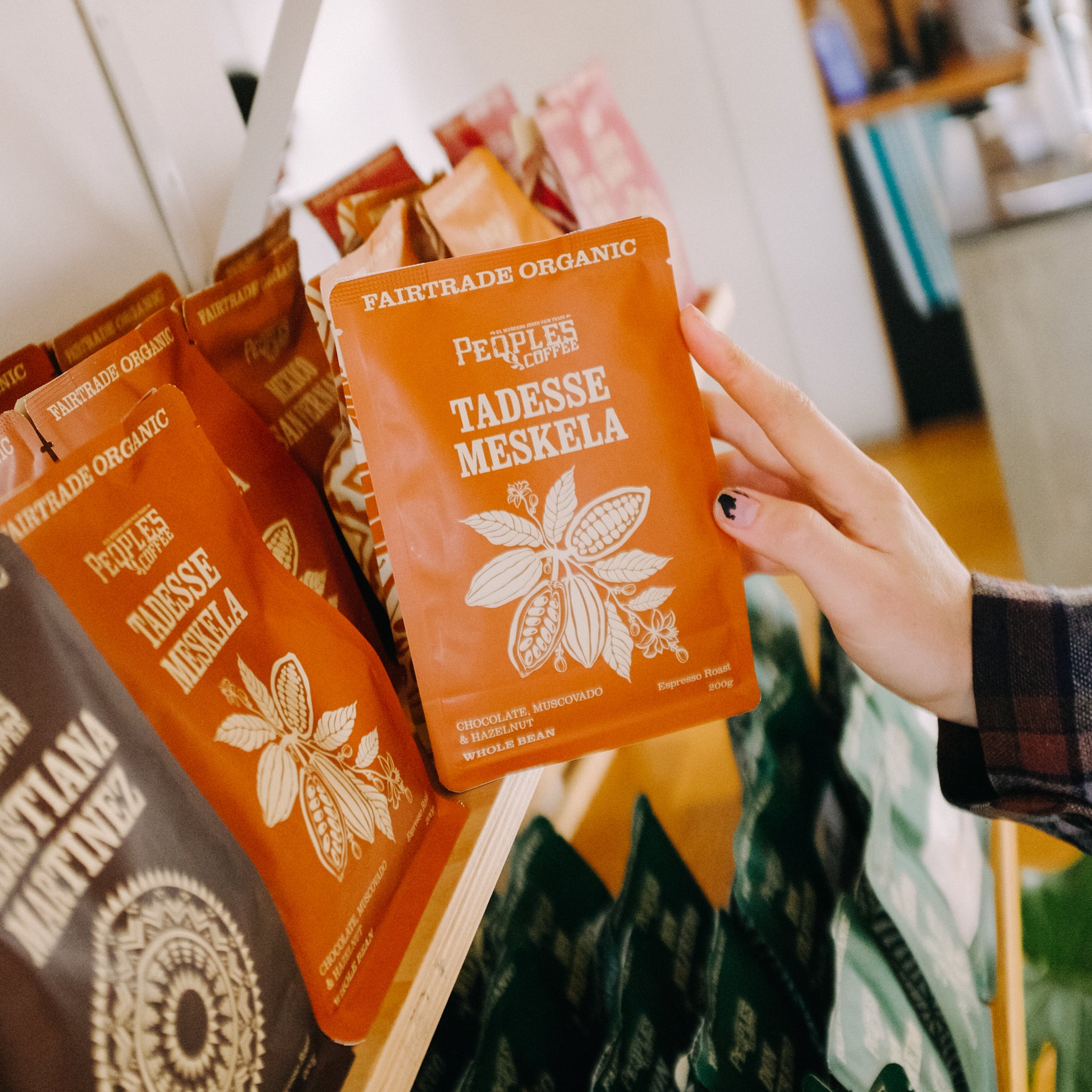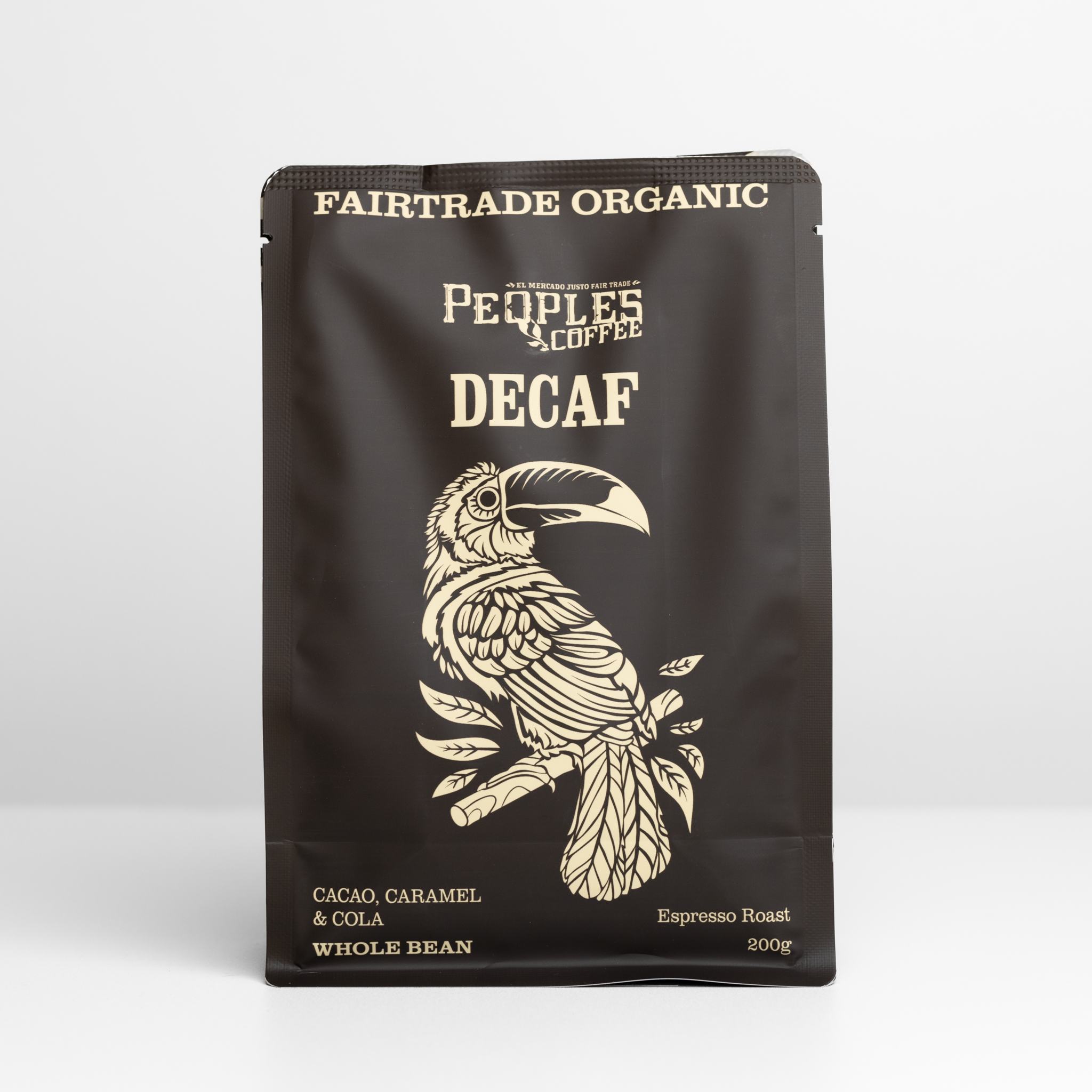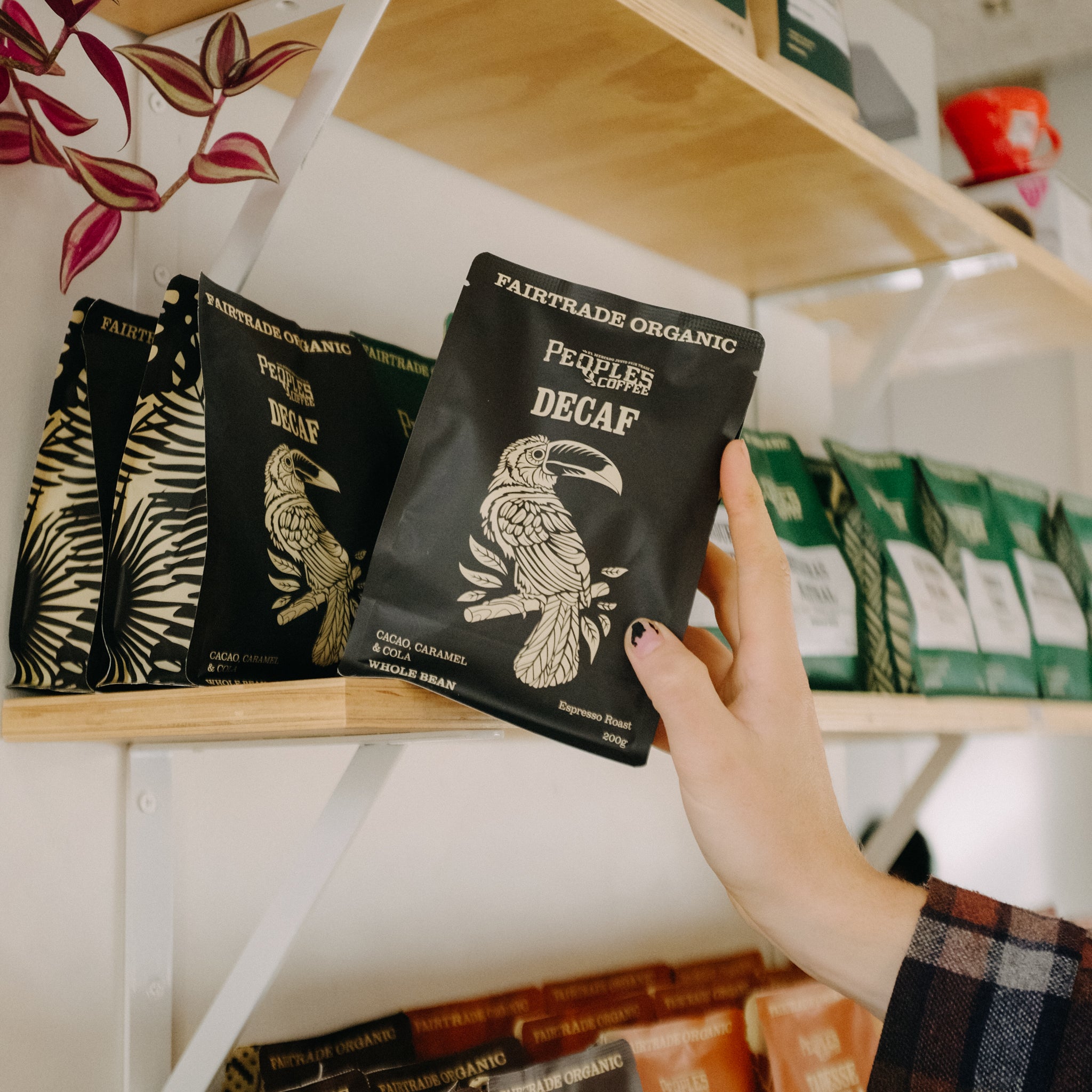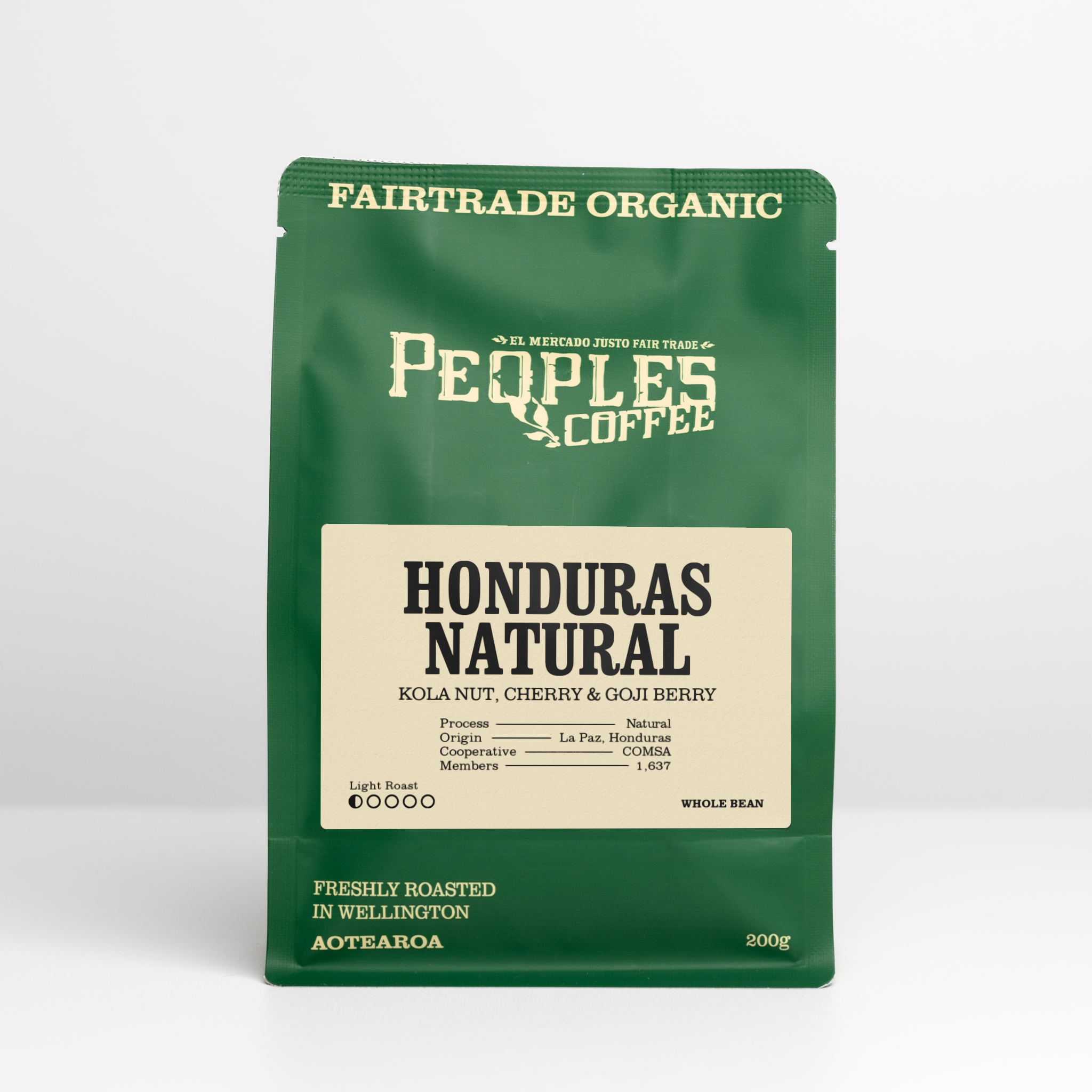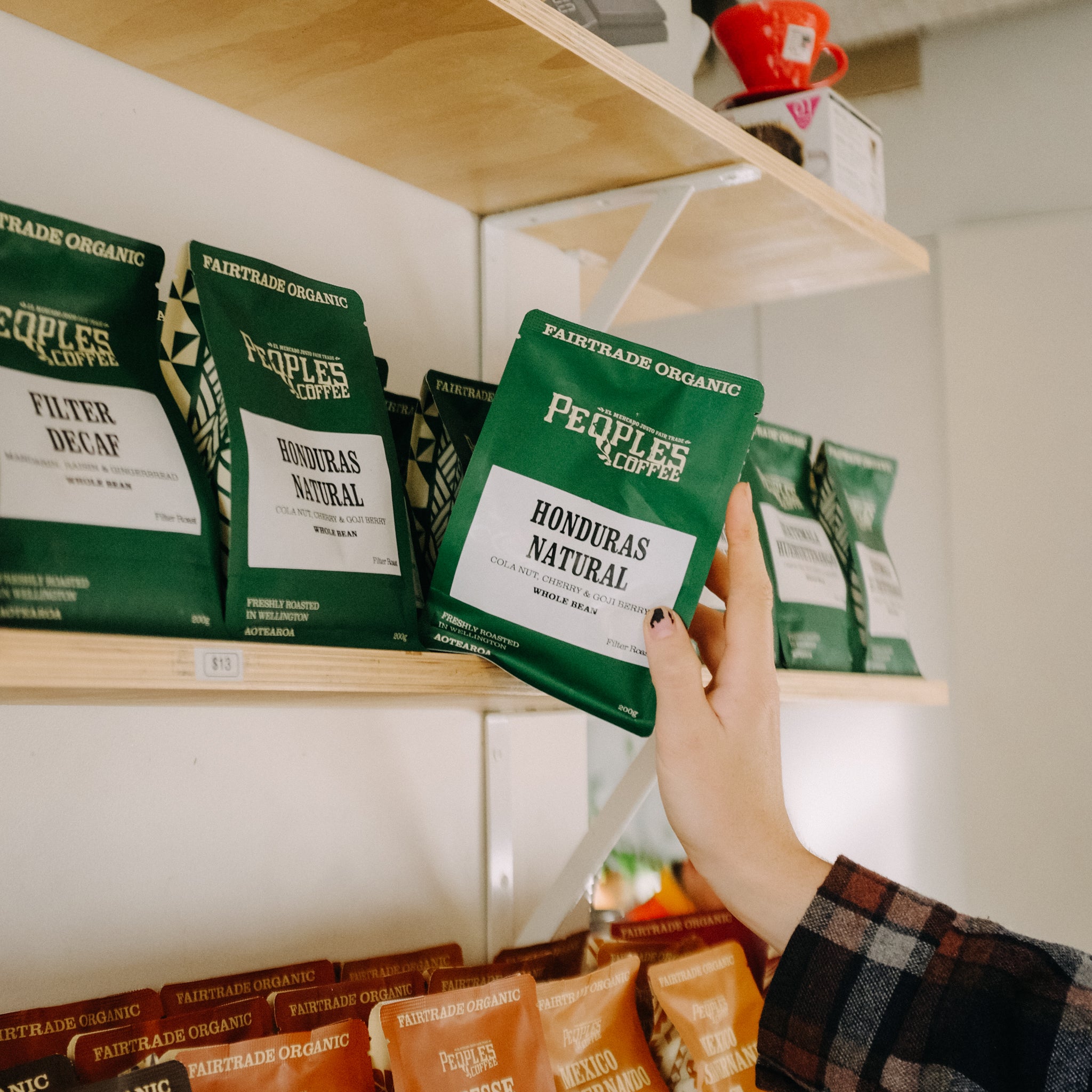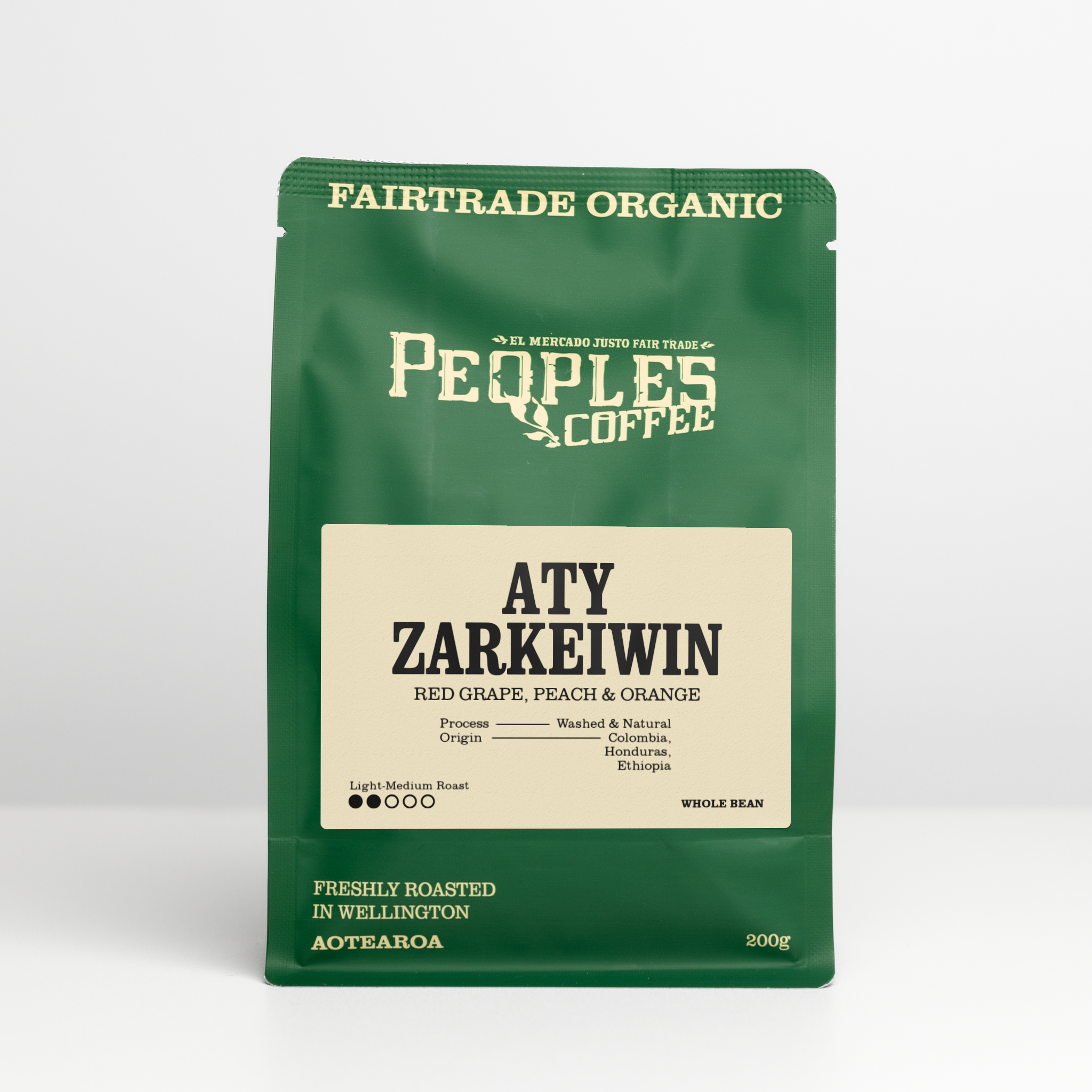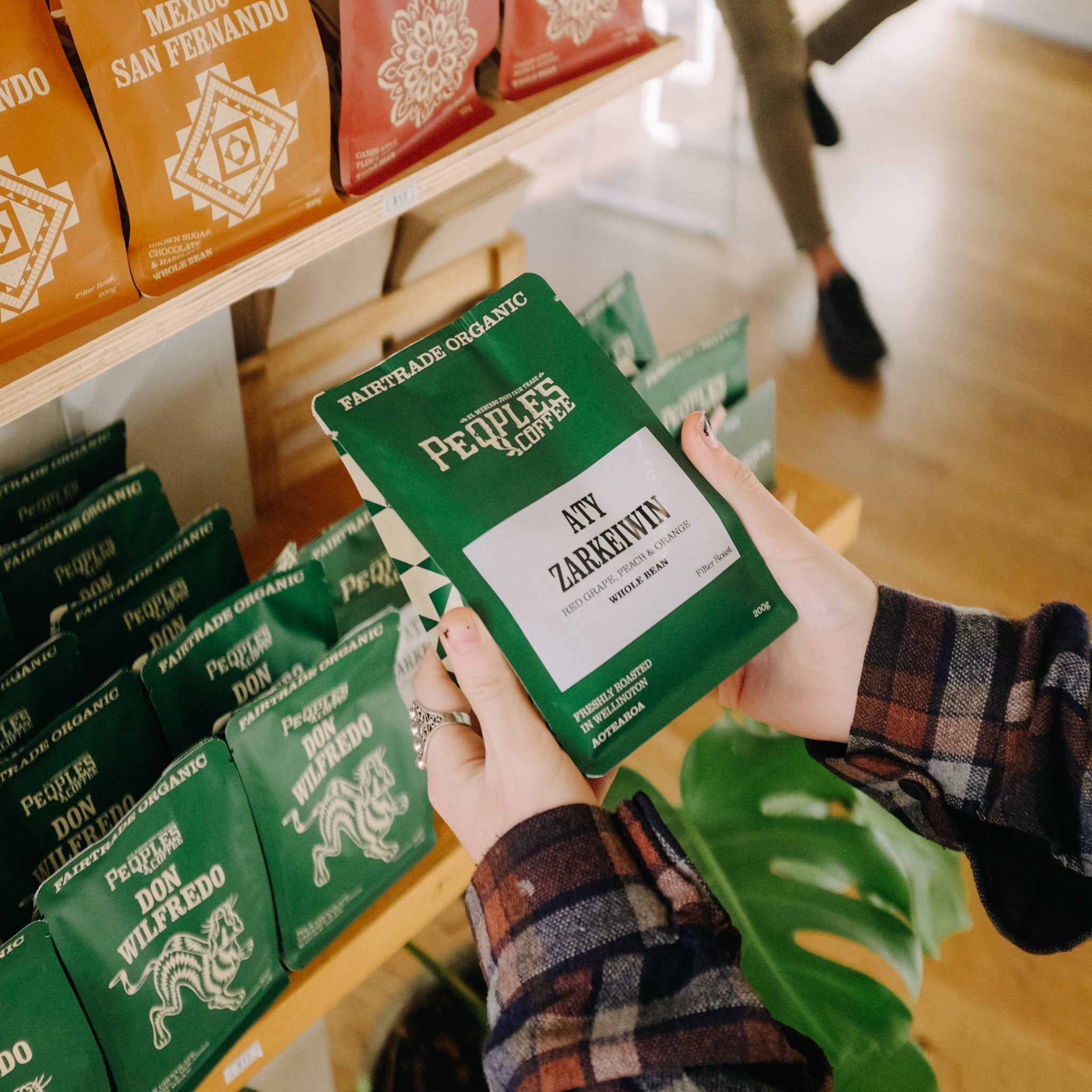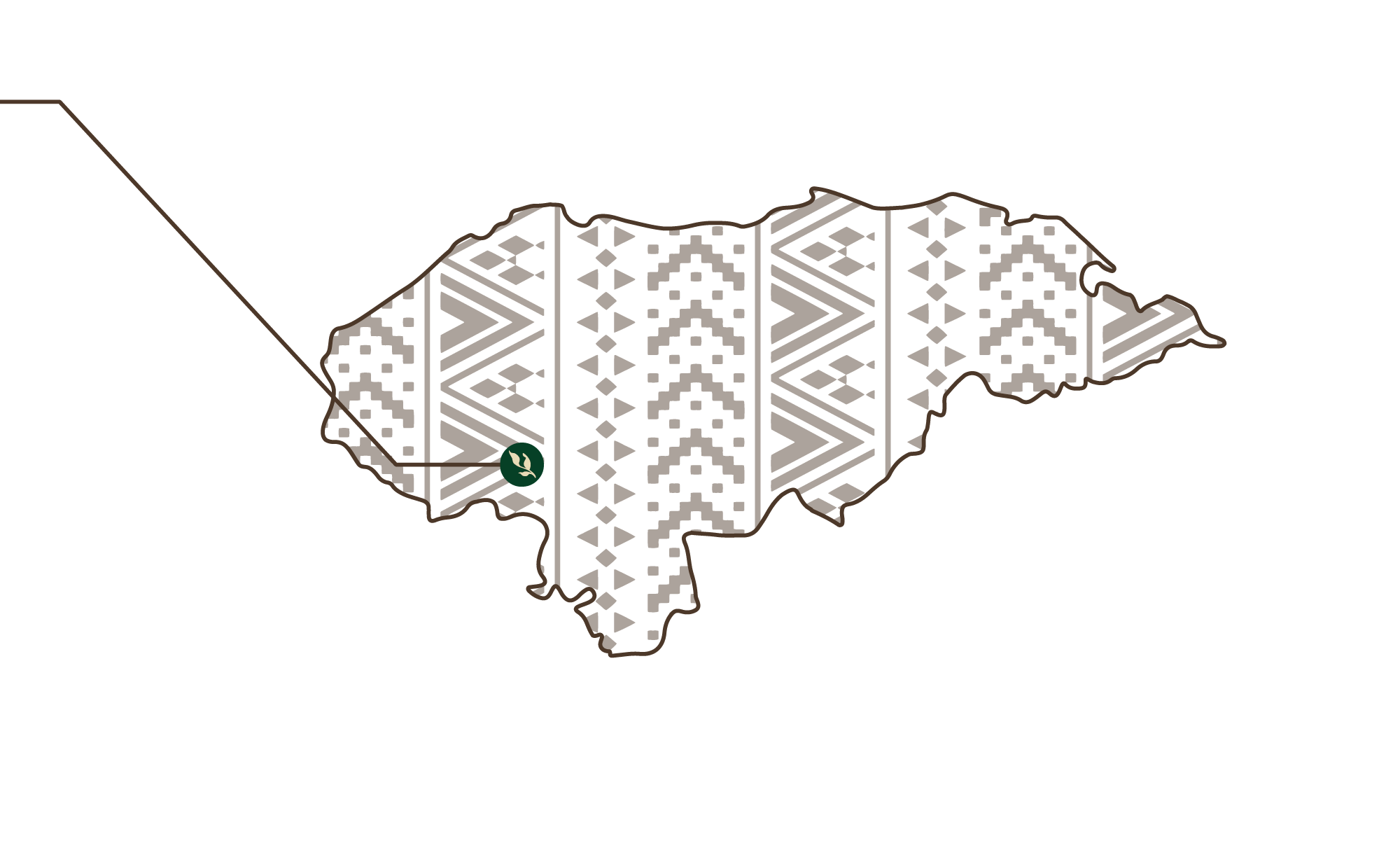
HONDURAS
COOPERATIVE | COMSA
LOCATION | La Paz region, Western Honduras
MEMBERS | 1637 +/- Members (Male 1,195 , Female 442)
MASL | 1200 - 1600
Café Organico Marcala (COMSA) was founded as a coffee co-operative in 2000 by 45 community-minded farmers who were members of a community bank scheme that provided loans to local people. This was the time of the global coffee crisis when world prices hit rock bottom making it unprofitable for farmers to harvest their coffee. Most farmers in the area were forced to abandon their farms and many migrated to the cities or to the US in search of work. COMSA farmers realised they had to find a different way of trading coffee and made the decision to join together to access the organic coffee market for its higher prices.
With support from a rural business development organisation, COMSA was formally registered as a limited company in 2001 with a membership of 65 farmers. This was the beginning of a journey in which they learnt that organic culture wasn’t just organic fertiliser, it was about incorporating principles and values into farming practices and balancing the needs of business, society and the environment. Membership has since grown to 800 farmers, a quarter of them women.
"To be a competitive and profitable business, recognized for its quality coffee and transparently managing all of its affairs, with gender equity and in harmony with nature, thereby helping to improve the living conditions of its members and their families" - COMSA mission statement.
COMSA’s organic production policy aims to improve organic coffee quality by reviving depleted soil fertility and ending the use of the harmful chemicals that caused it. This also has health benefits for farmers, makes fields safe to grow food crops and ends contamination of water sources. Coffee waste is recycled to make organic fertiliser which is distributed free to farmers, helping reduce fertiliser costs by a factor of 50 compared to chemicals. Productivity is higher than for conventional production, and costs are reduced.
In 2016, COMSA launched the Diplomado Organico, a training program that teaches innovative organic farming techniques and helps broaden perspectives for small-scale farmers on the relationship between their work, the ecosystem and the health of communities on both sides of the supply chain.
The vast majority of farmers in the Marcala region of Honduras are indigenous Lenca. Although the Lenca’s language has been lost, many of their traditional agricultural techniques have been maintained in their approach to modern-day agriculture. This has led to one of the most sophisticated sustainable production systems amongst organic coffee-producing cooperatives in Central America. They are a leader in promoting organic agriculture and play a key role in training and education of other fair trade and organic producer co-ops throughout the region.
The farmers promote diversification and biodiversity on their plantations. Part of these practices is the use of shade, chiefly from the Inga tree and other plants such as Citrus and Musa (banana) trees. The transition from conventional to organic coffee production came with its challenges, such as drops in crop yields and the loss of members who left the organization. COMSA established an alliance with CEDECO (Corporacion Educativa para el Desarrollo Costarricense), who were able to assist them with innovative practices that enable farmers to transform into certified organic farms.
